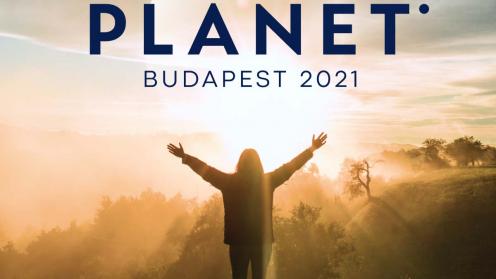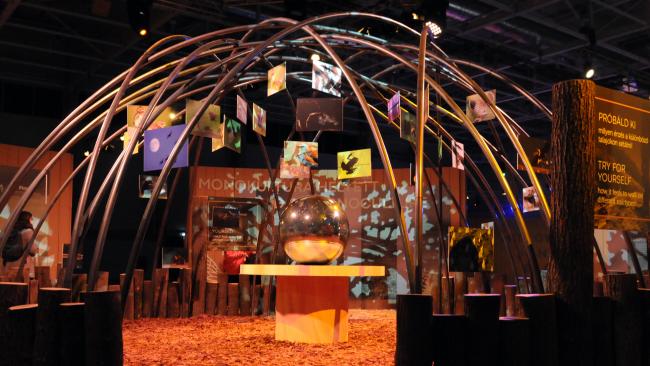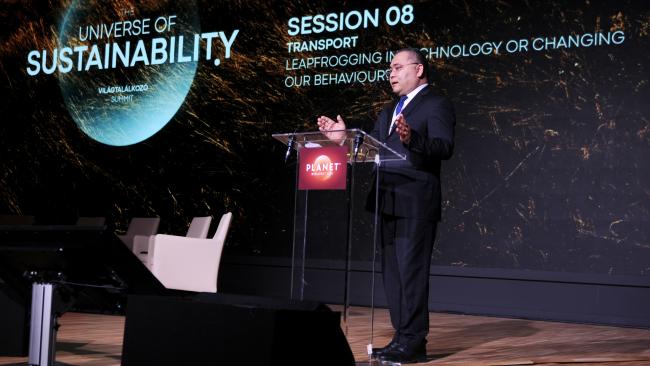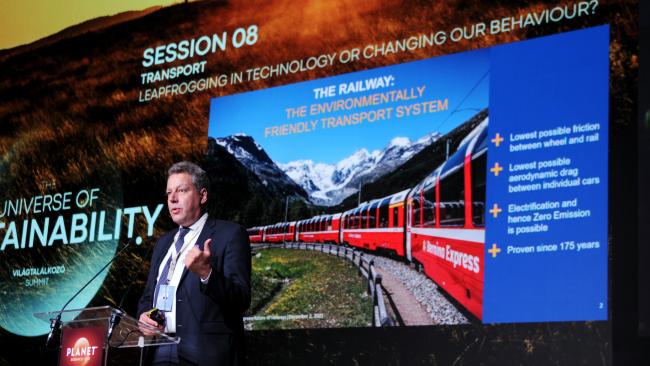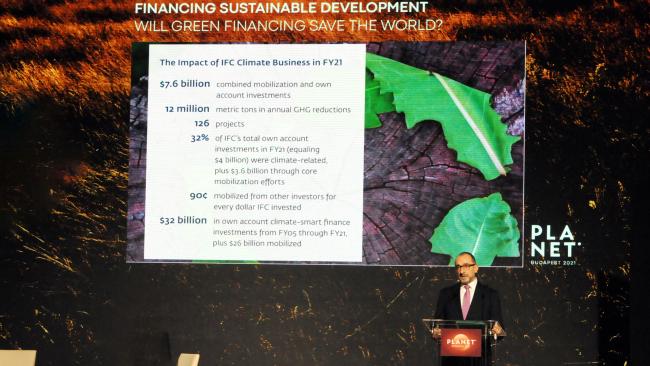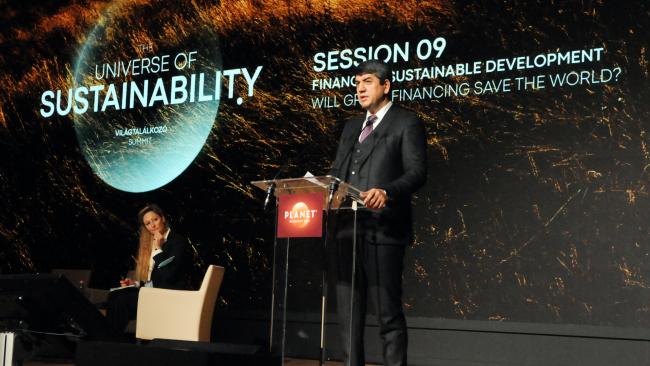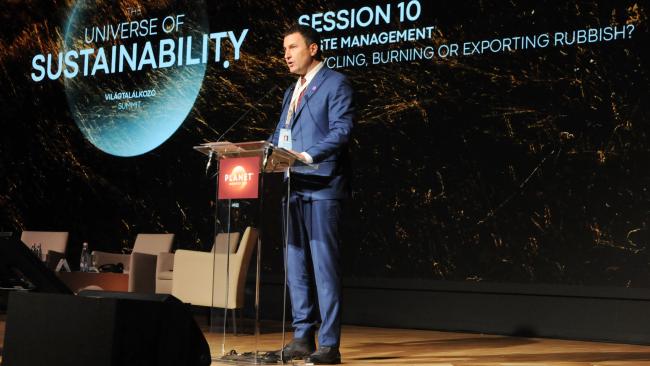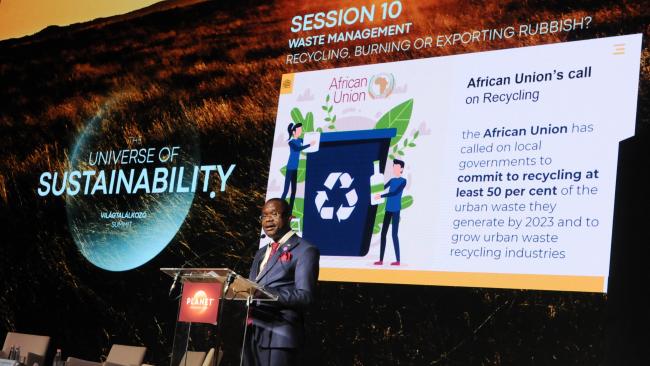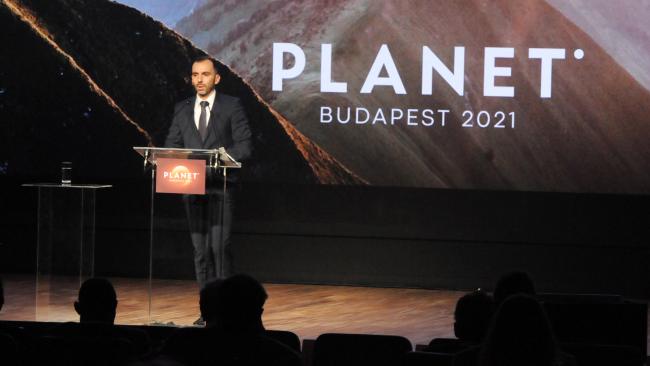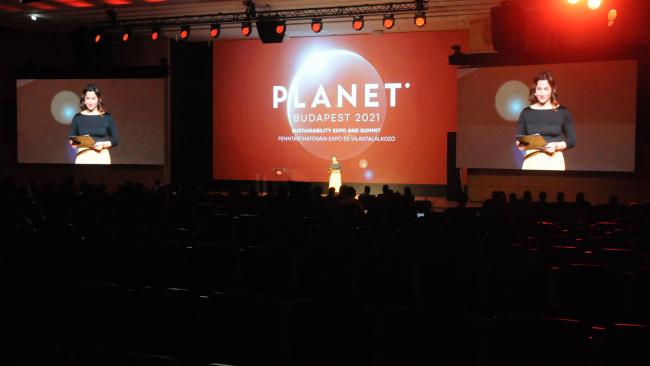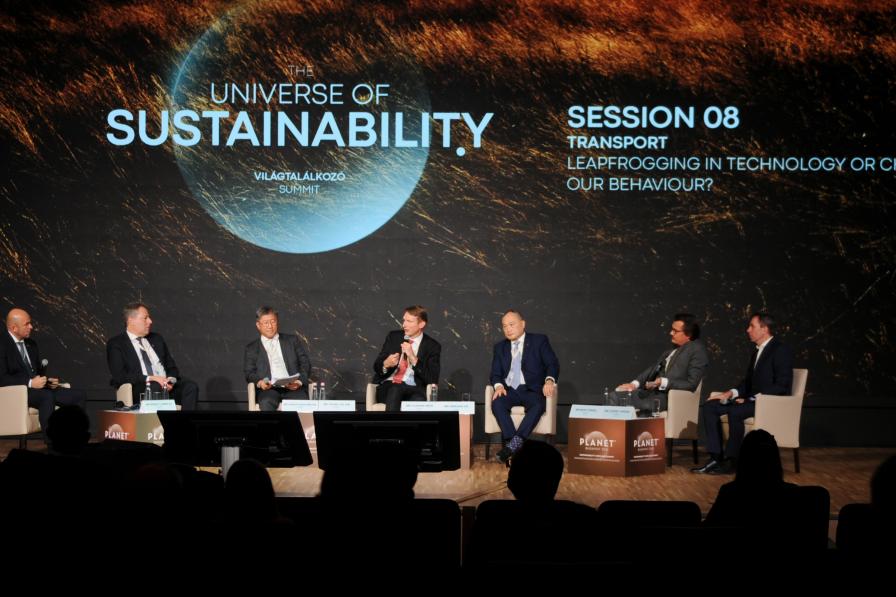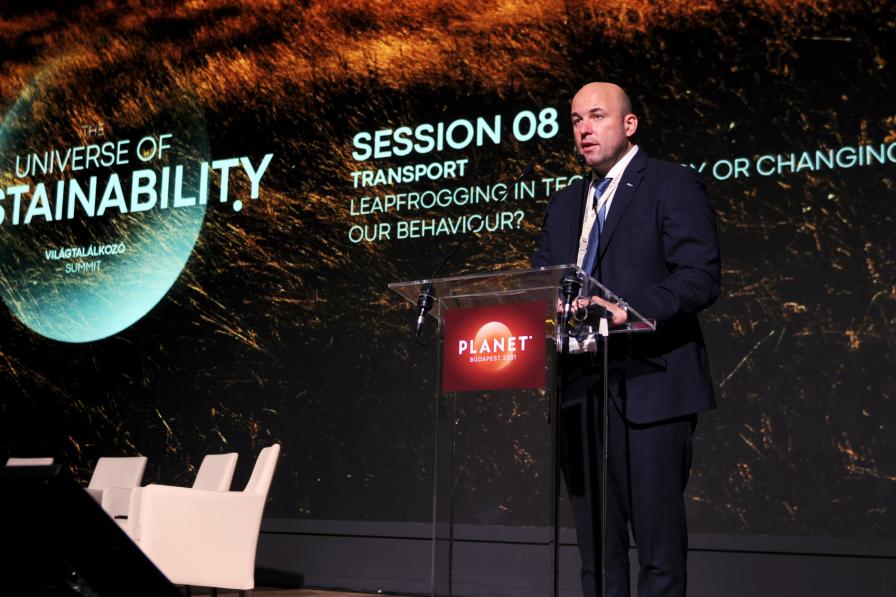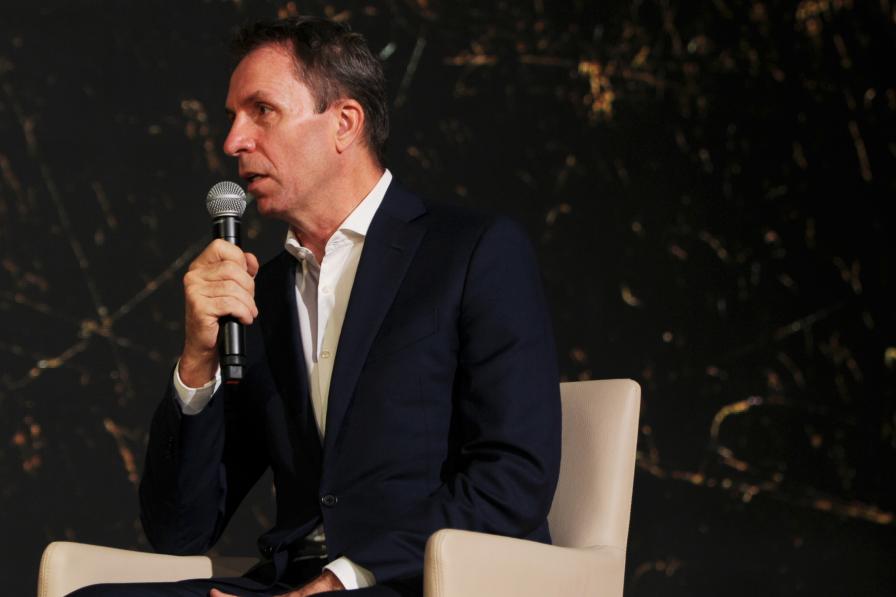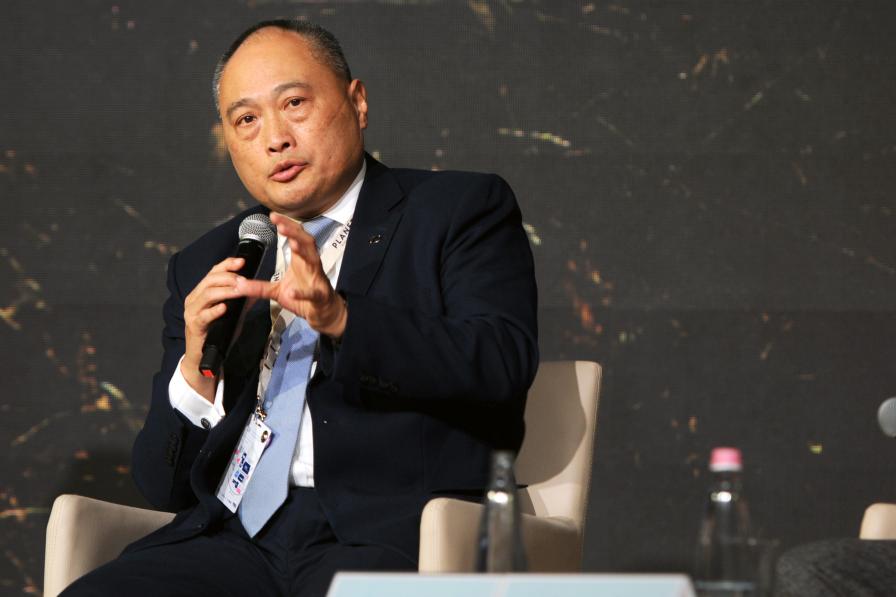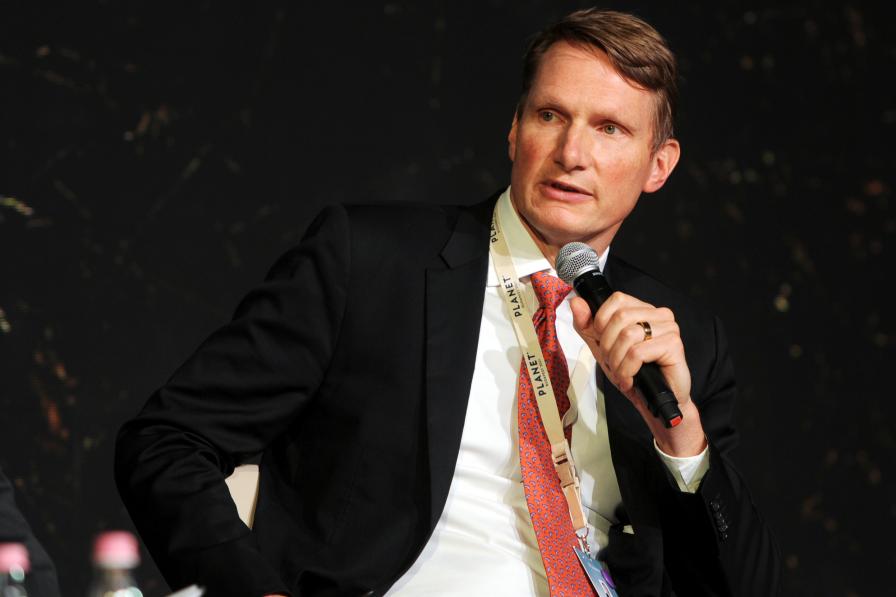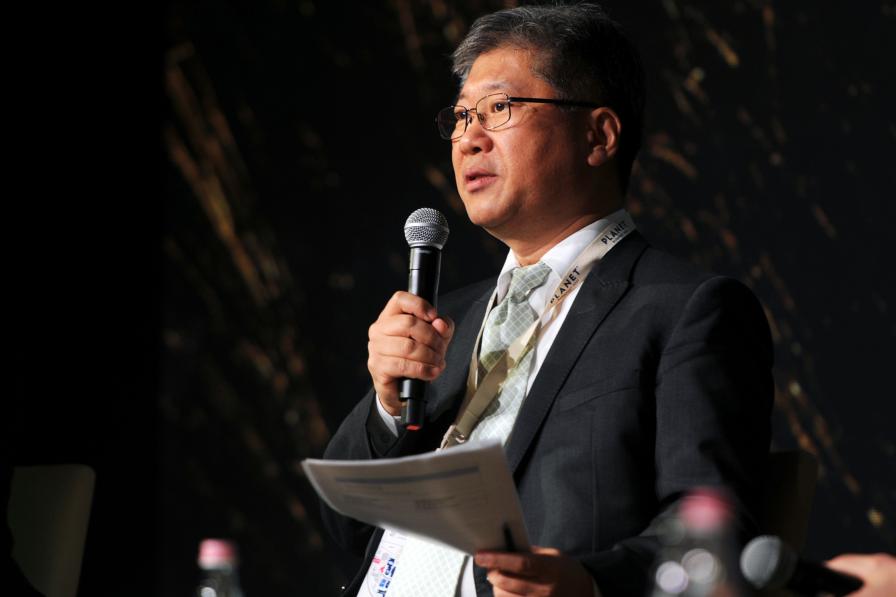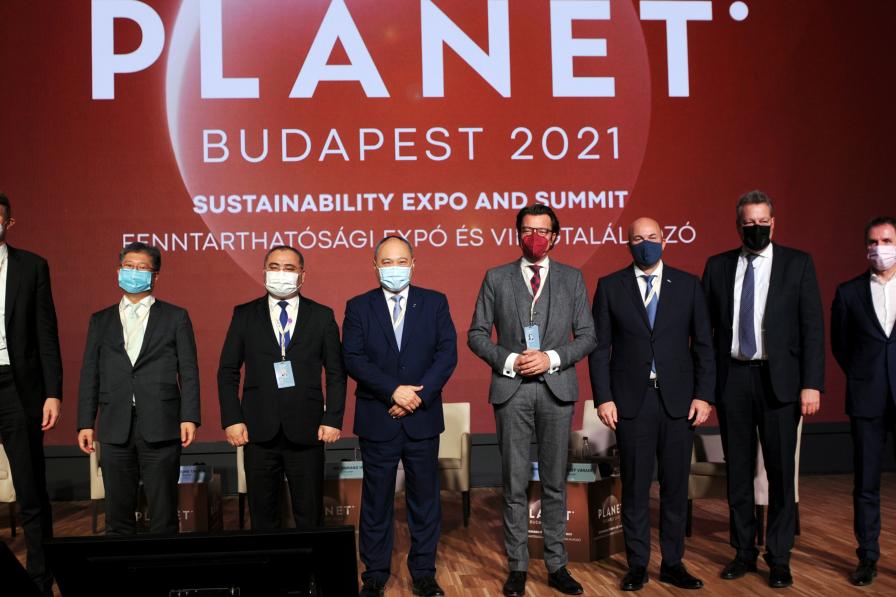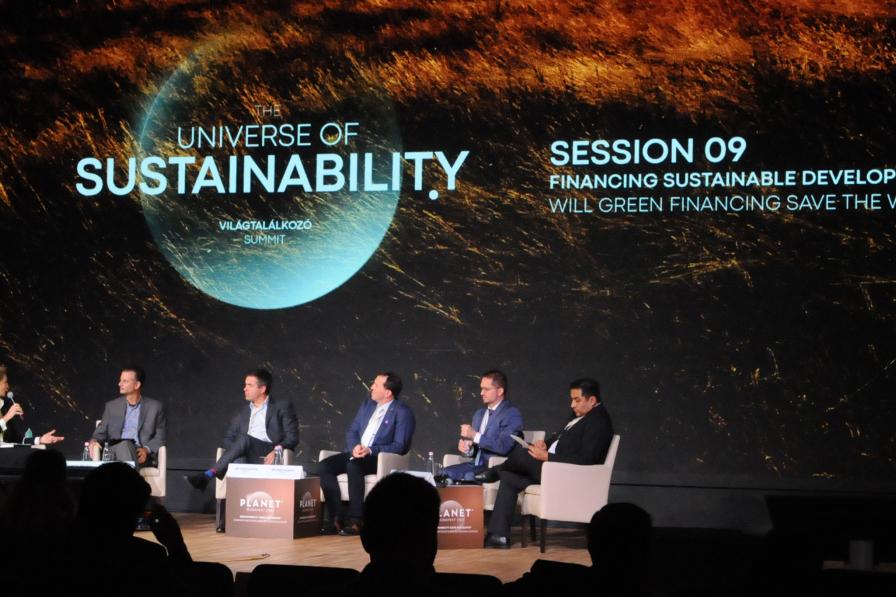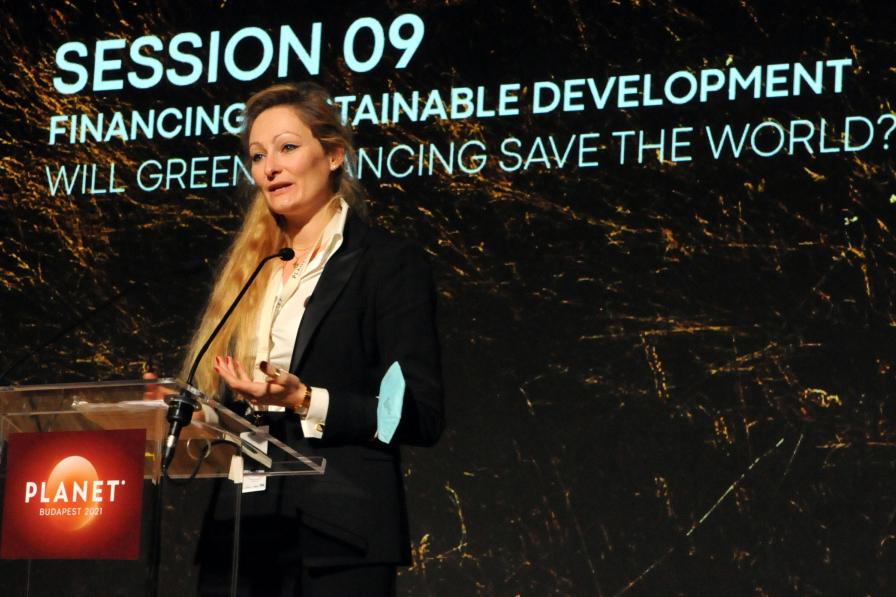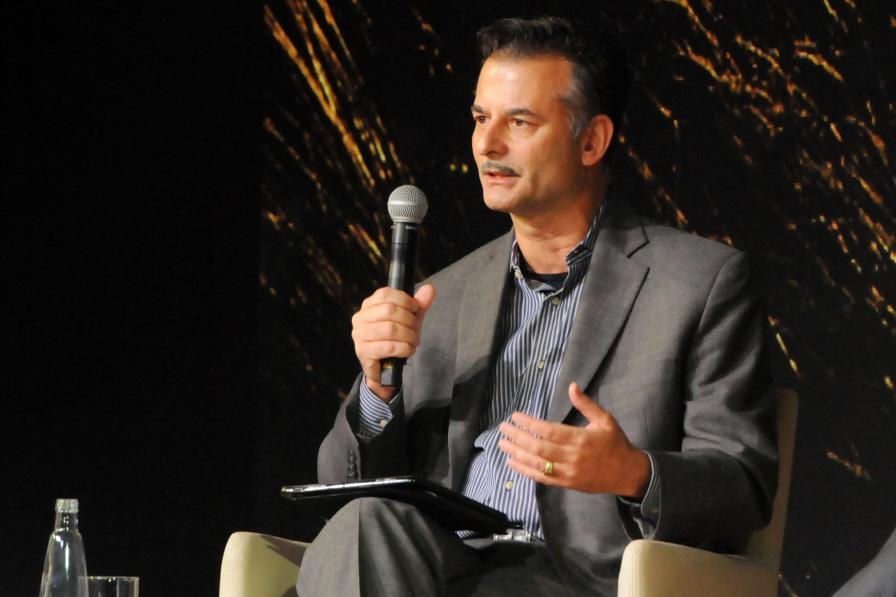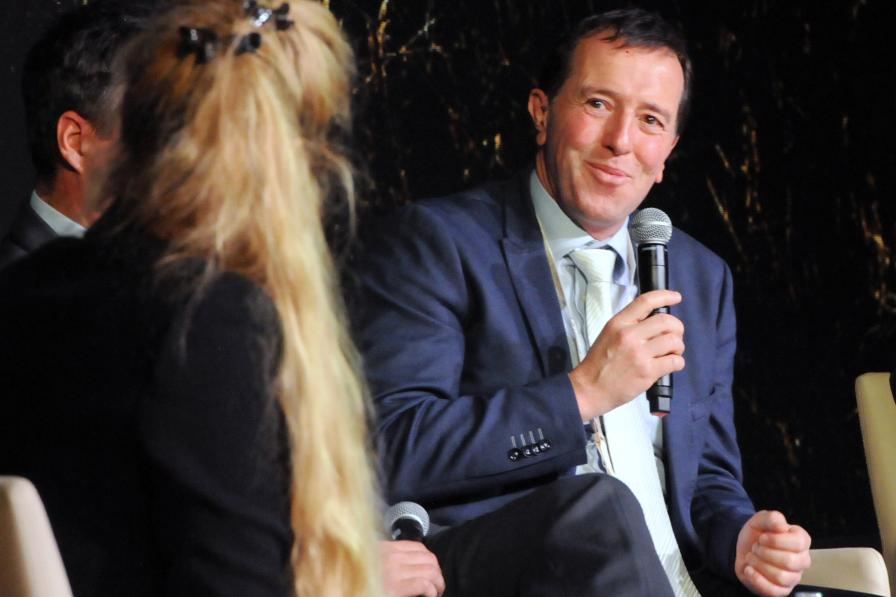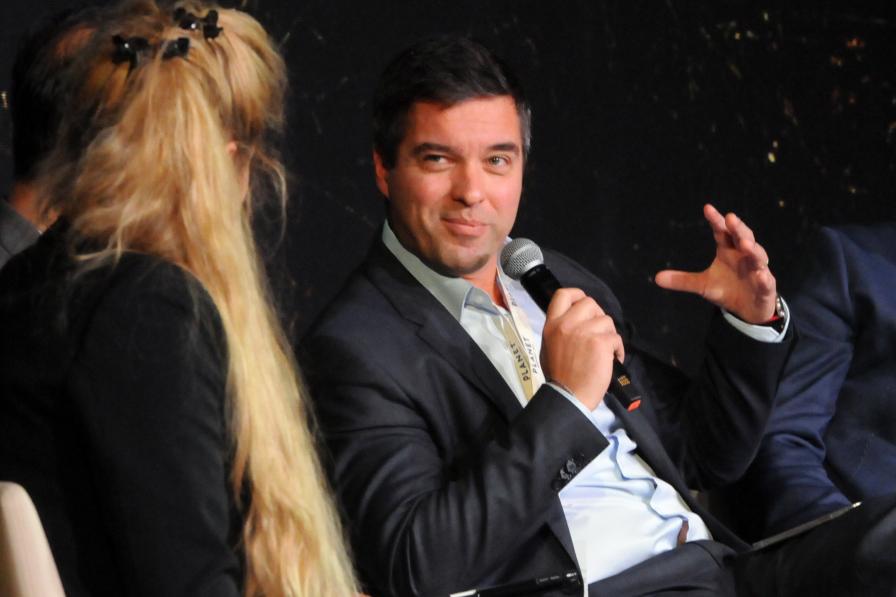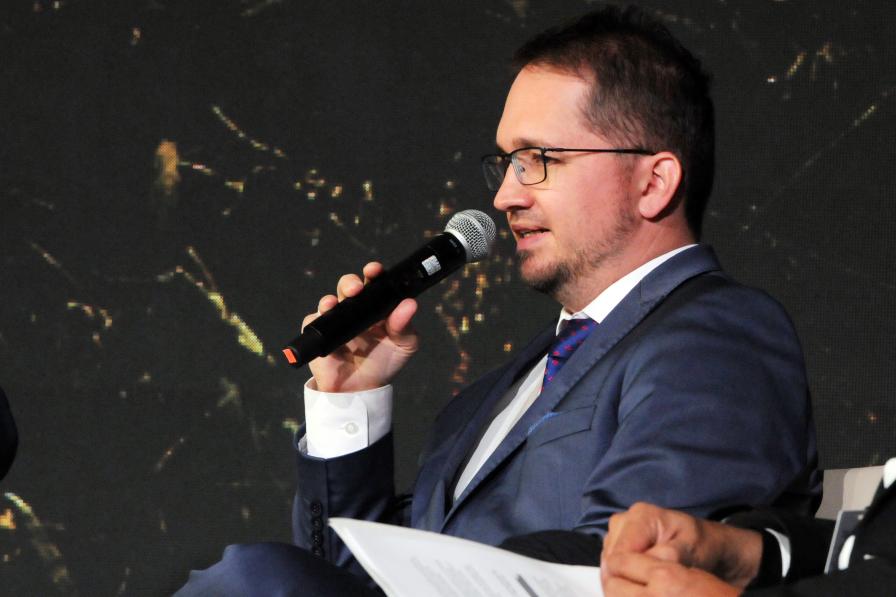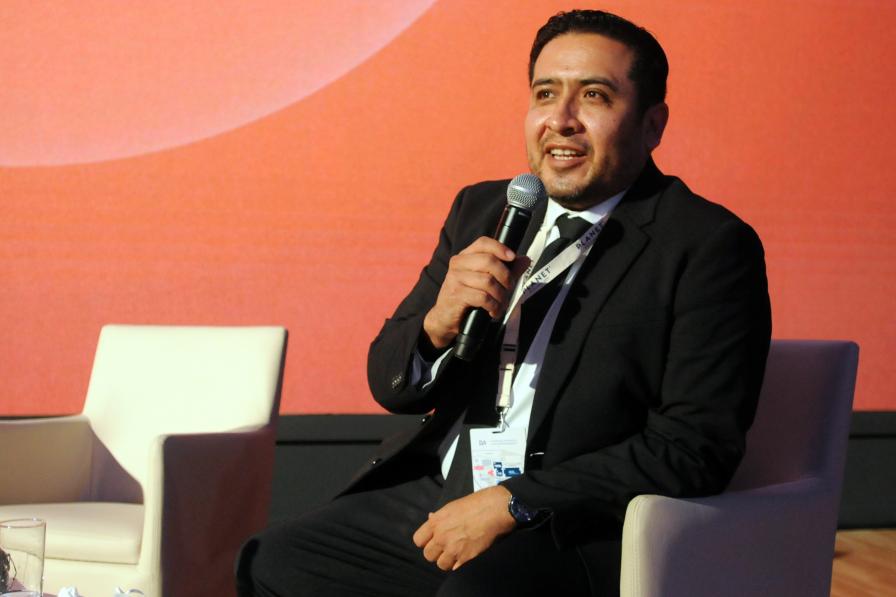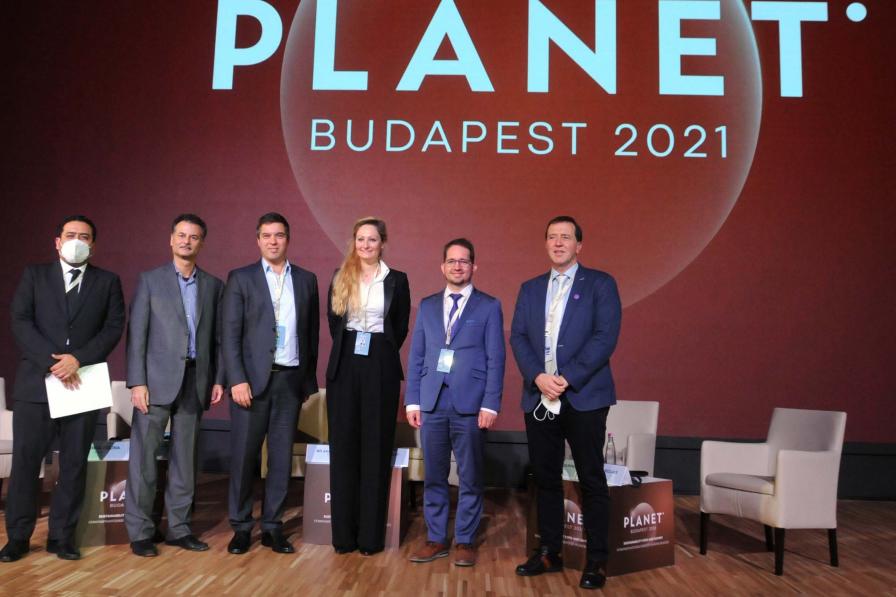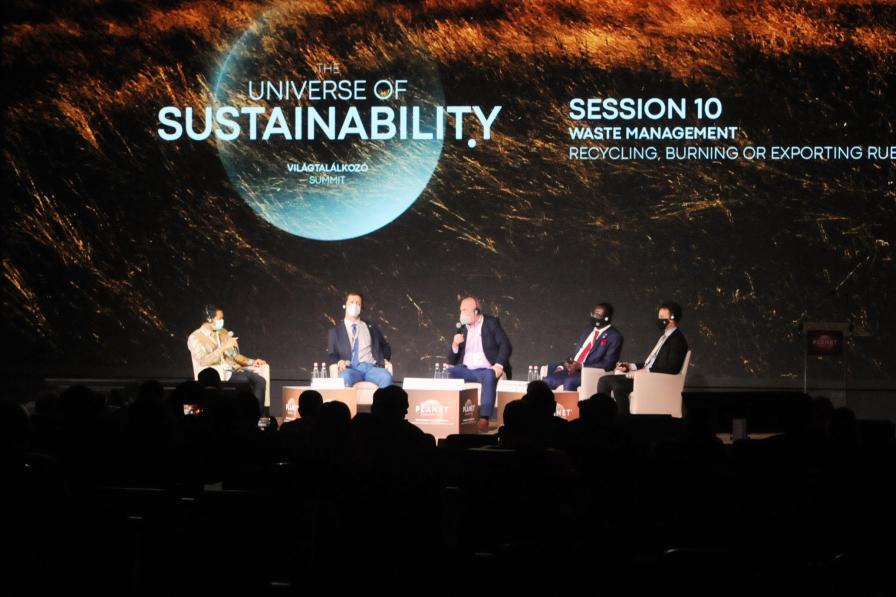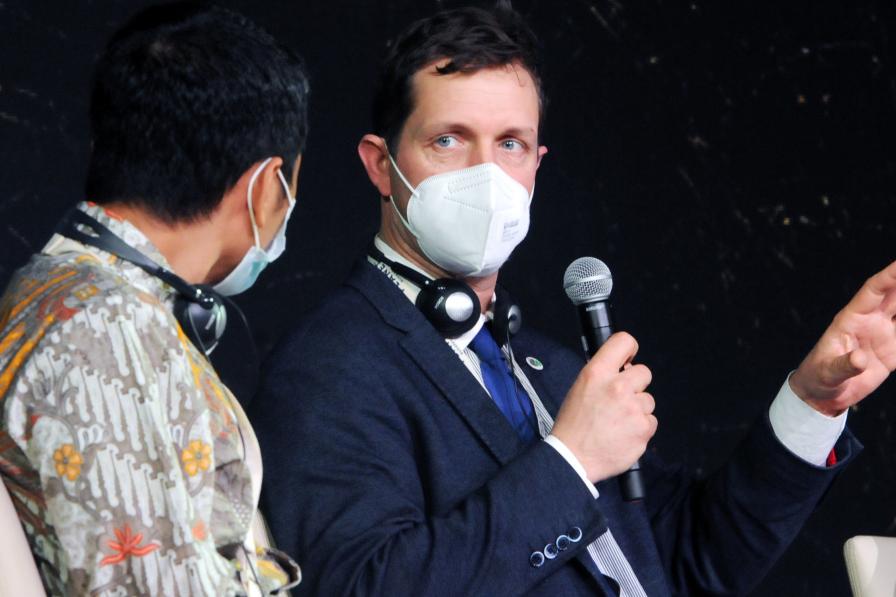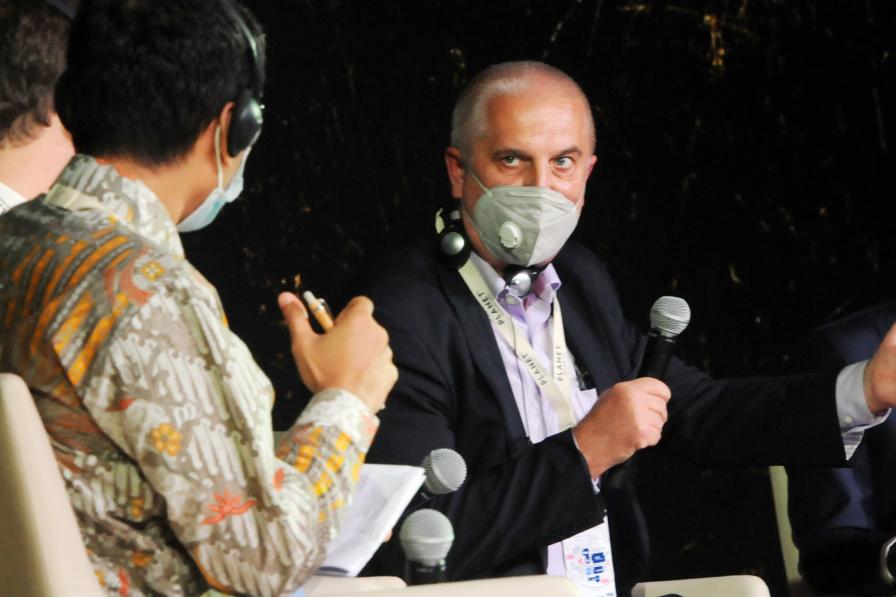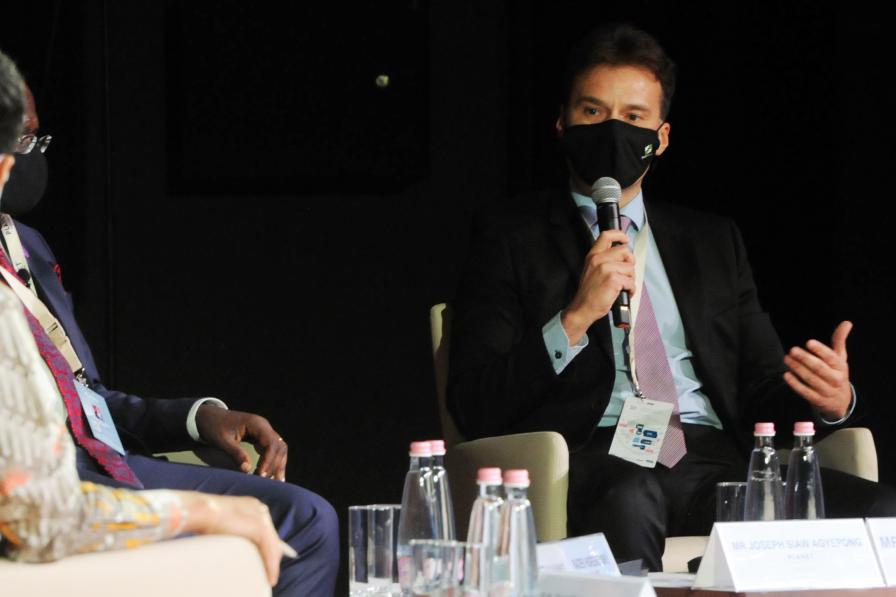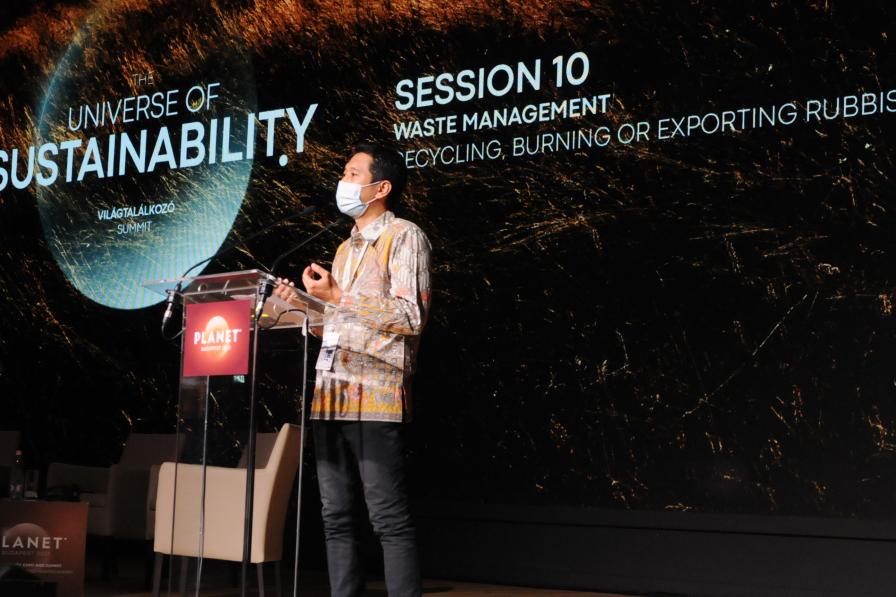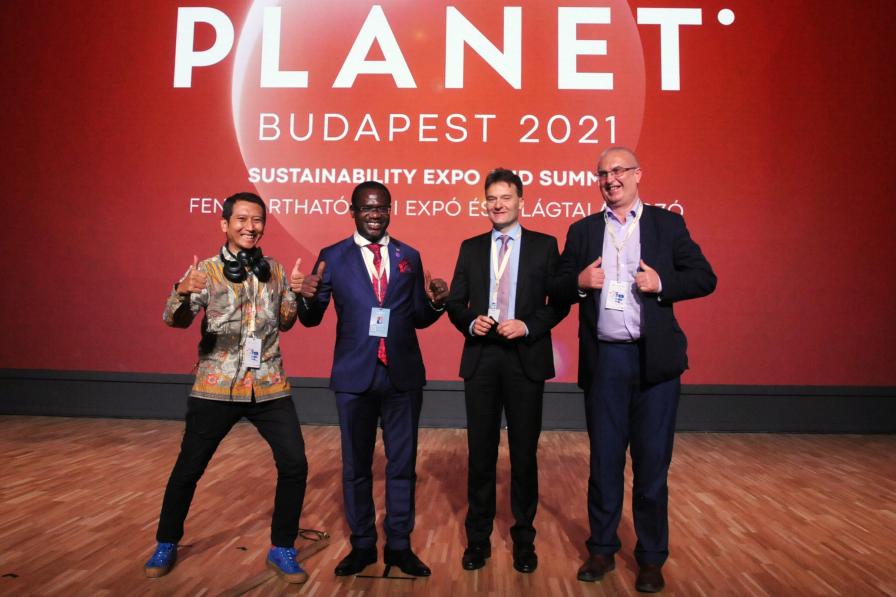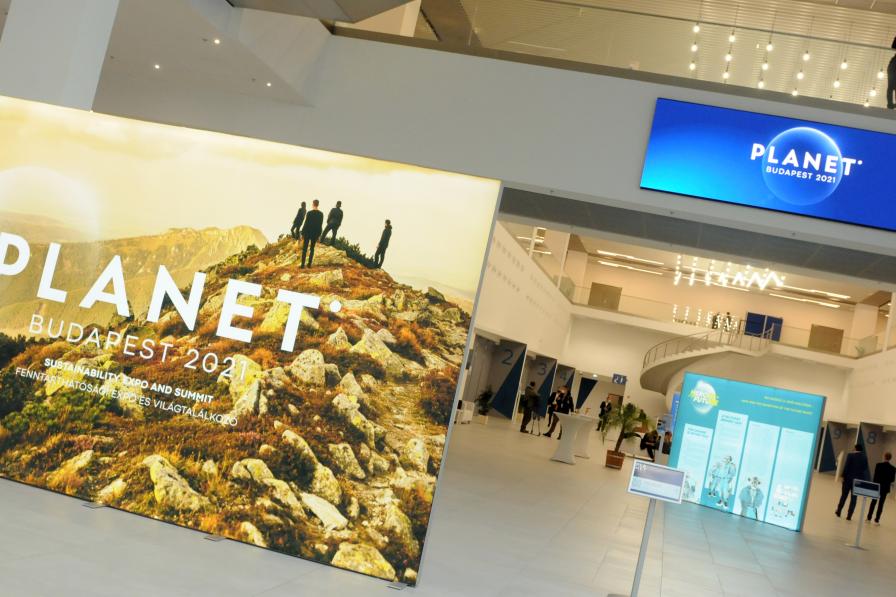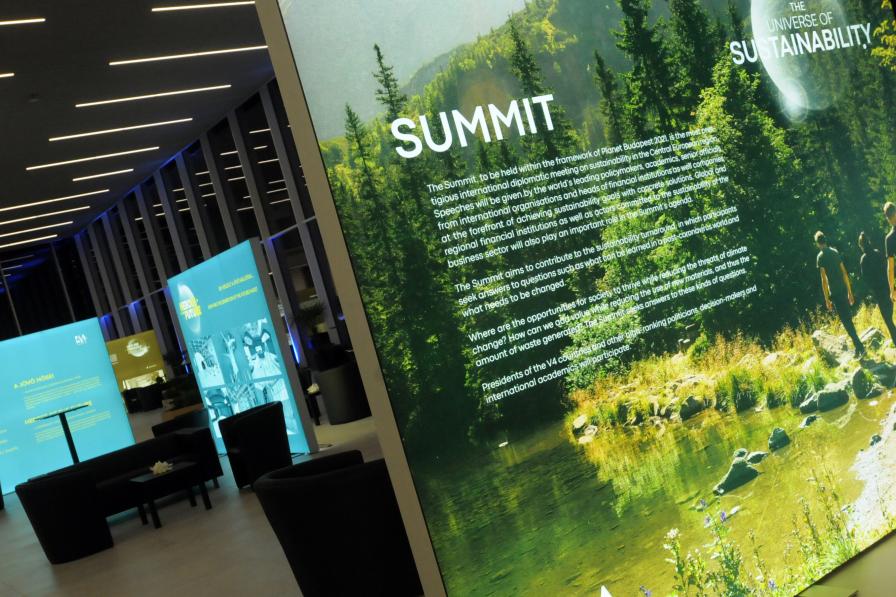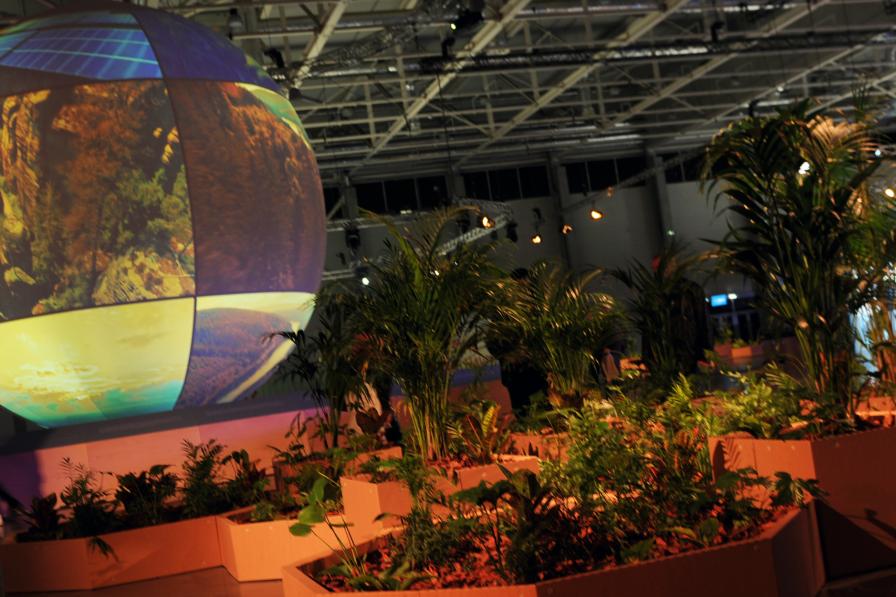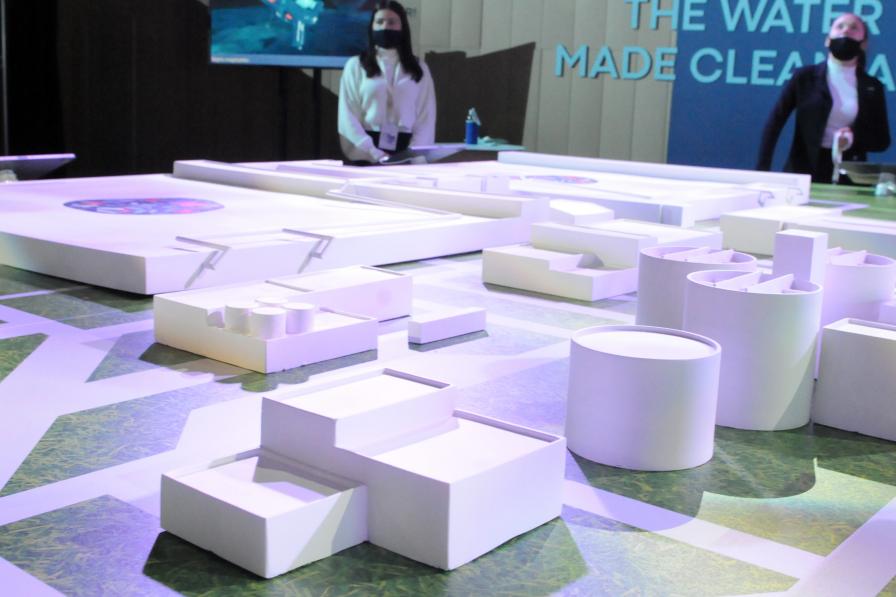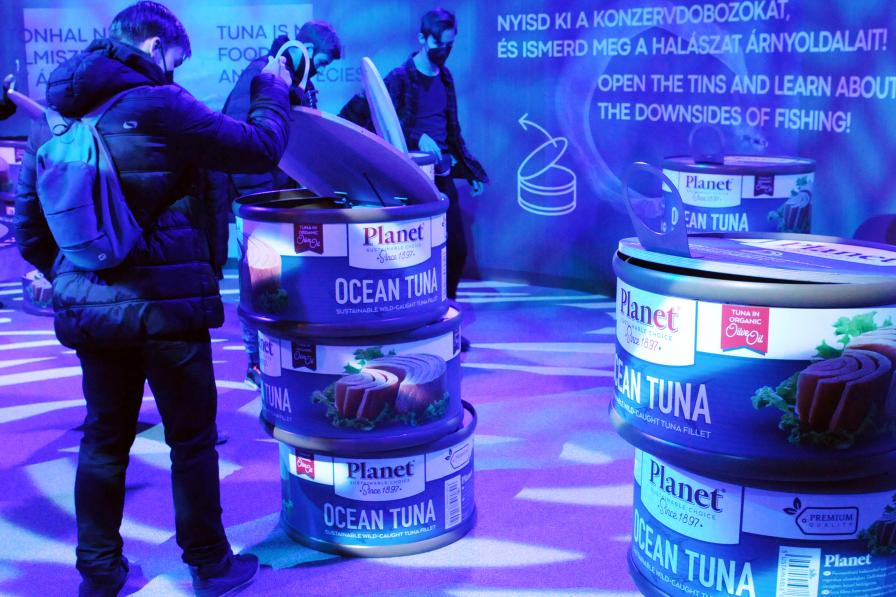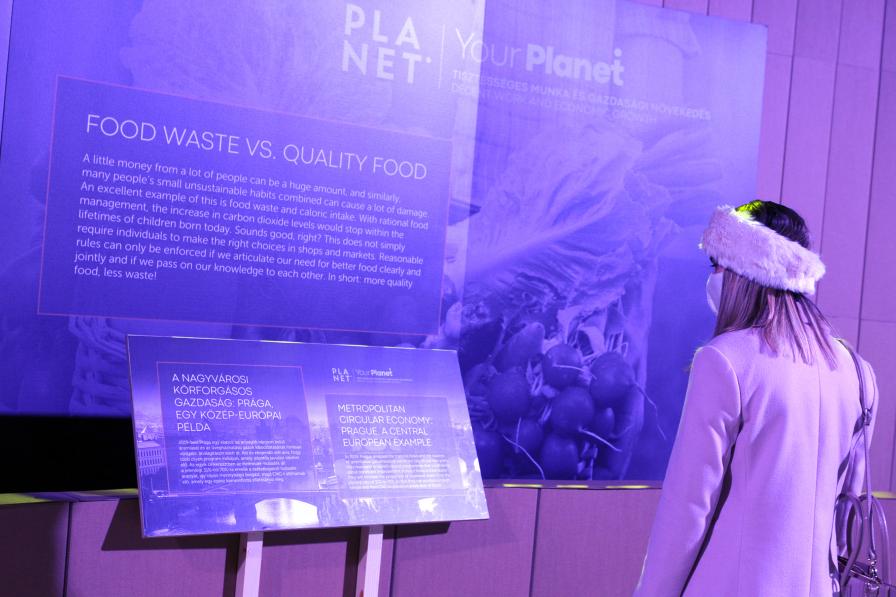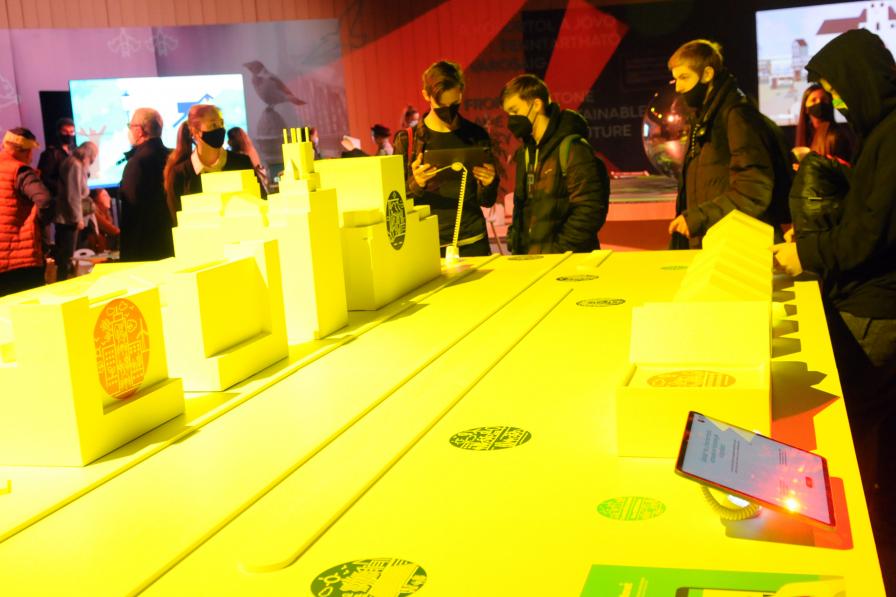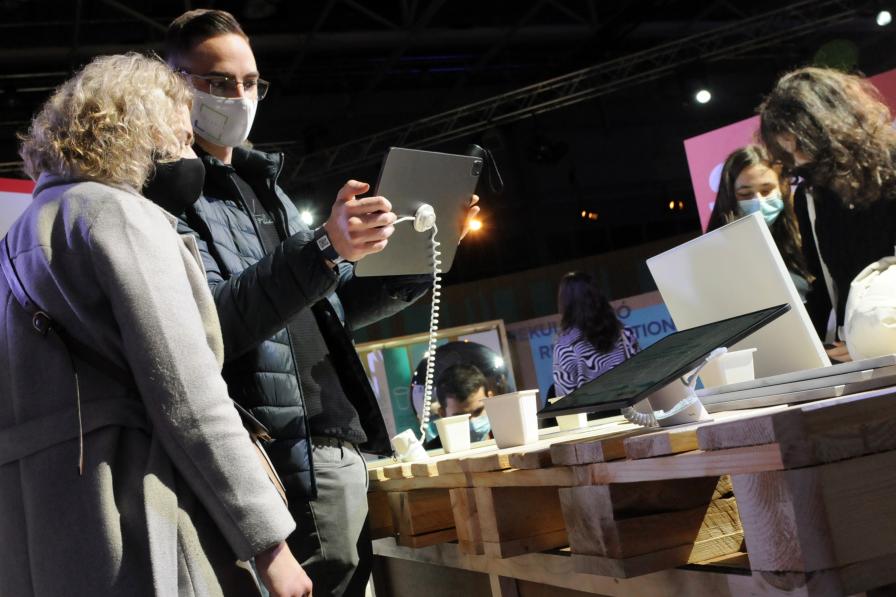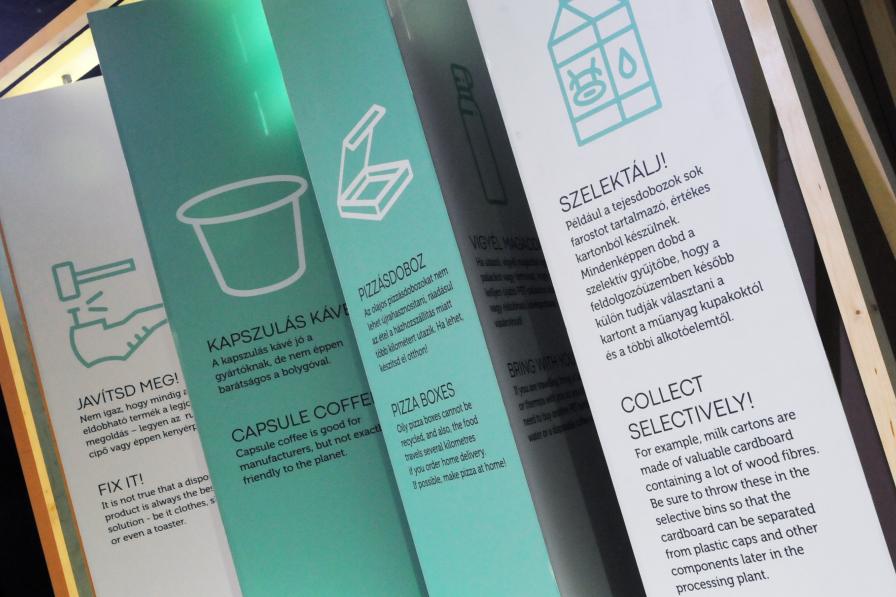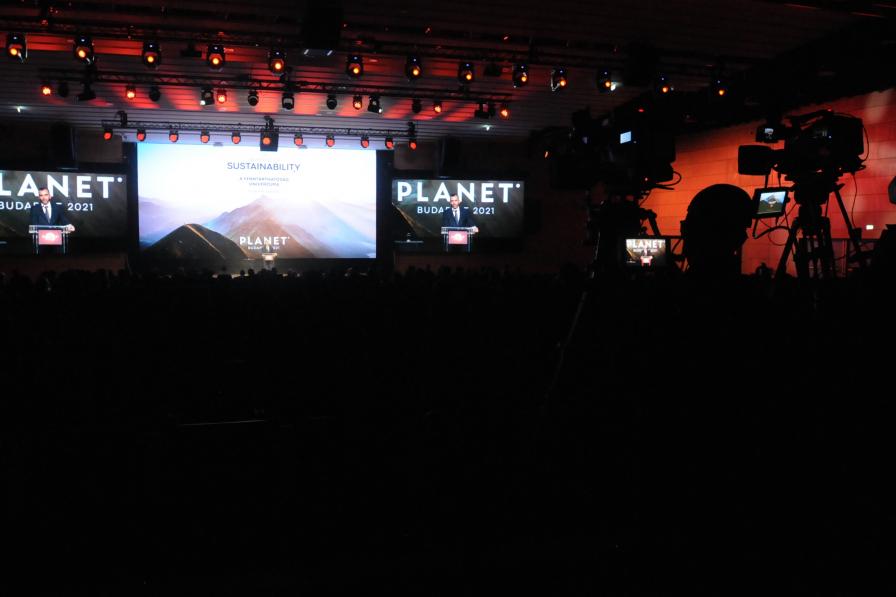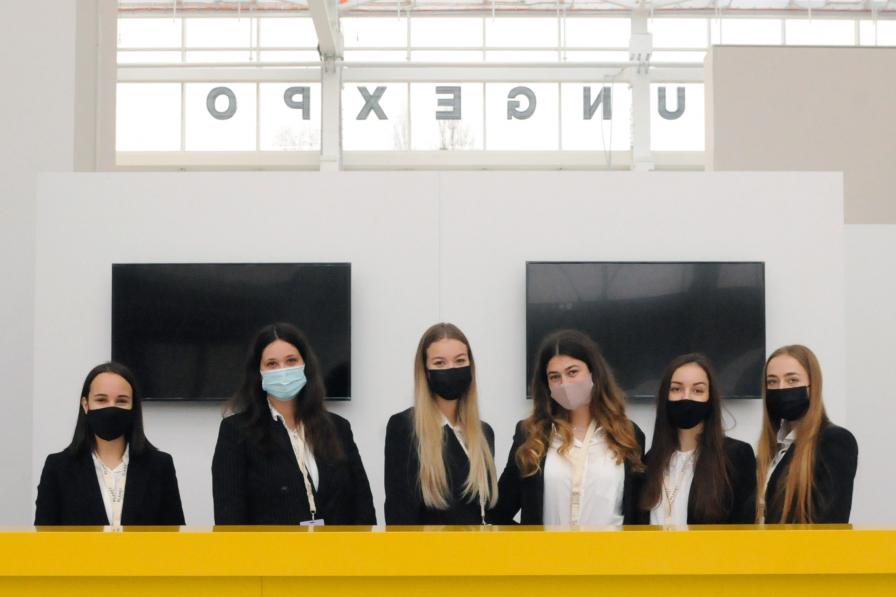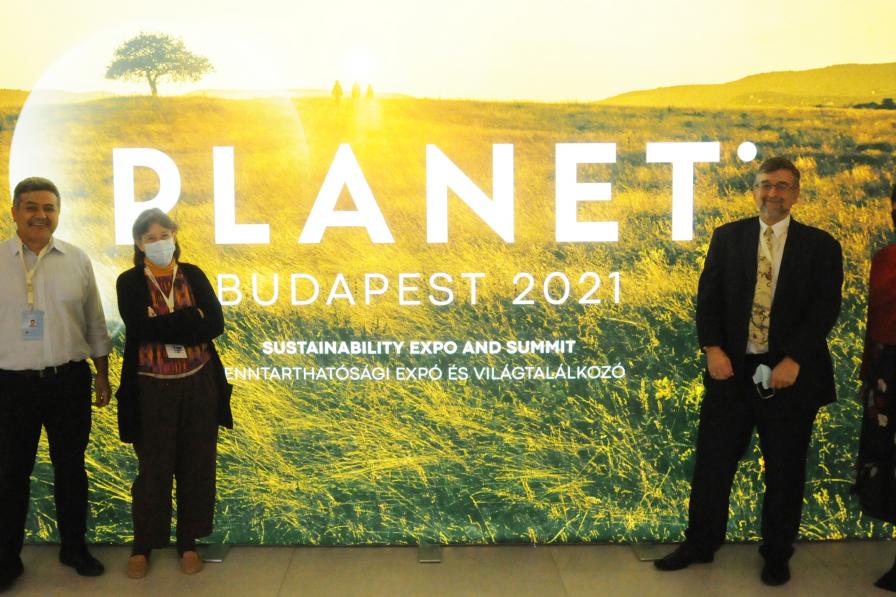On its final day, the Planet Budapest 2021 Sustainability Summit convened three thematic sessions on issues and solutions regarding transport, financing for sustainable development, and waste management, followed by closing remarks by István Joó, Government Commissioner responsible for the Planet Budapest 2021 Sustainability Expo and Summit.
The session on “Transport – Leapfrogging in Technology or Changing Our Behavior?” featured keynotes by Ibrokhim Abdurakhmonov, Minister of Innovative Development, Uzbekistan, and Ansgar Brockmeyer, Executive Vice President, Stadler Rail AG. Abdurakhmonov said governments need to contemplate ways to leapfrog innovation in all forms of transport, modify behavior and improve urban planning.
Brockmeyer argued that passengers and freight should be encouraged to shift from road and air to rail travel, with electrification rather than batteries, fuel cells or hydrogen combustion, as the best technological option for greening rail.
In the panel discussion, representatives from the transport industry maintained that collaboration across the industry and support from government for consumer buy-in is key to mainstreaming electric vehicles and public transport. Panelists generally agreed that changing human behavior is more complicated and difficult than innovating in technology.
The “Financing Sustainable Development – Will Green Financing Save the World?” session featured keynotes by Ary Naim, International Finance Corporation (IFC), and Sharaf Sheralizoda, Deputy Minister of Foreign Affairs, Tajikistan. Naim said there is no shortage of capital for sustainable financing, it just needs to be channeled properly. He called for mobilizing more finance to emerging markets, improving generation of bankable green projects, and better financing of innovation.
Sheralizoda outlined Tajikistan’s National Development Strategy through 2030, with its investment priorities to achieve Sustainable Development Goals (SDGs), promote energy transition and climate change adaptation.
Panelists considered the risks and opportunities of the rise of blockchain and crypto currencies and the connections between the climate challenge and digitalization. They also applauded traditional knowledge and youth for keeping the sustainable development agenda on track.
The session on “Waste Management – Recycling, Burning or Exporting Rubbish?” featured keynotes by Barna Tánczos, Minister of Environment, Water and Forests, Romania, and Joseph Siaw Agyepong, Executive Chairman, Jospong Group of Companies, Ghana. Tánczos detailed Romania’s efforts to form a waste strategy that ensures transition from a development model based on production to one based on prevention of waste generation.
Agyepong outlined the waste management challenges faced by developing countries such as Ghana and how the ways in which his companies have helped address them in ways suited to the particular conditions in Ghana.
Panelists suggested that engagement with civil society and business is crucial to changing waste habits and introducing a more circular economy. They added that putting a price on waste and charging for what one throws out might be a good incentive for people to reduce their unsustainable consumption habits. The idea of exporting waste was generally rejected, with panelists agreeing that countries should take responsibility for managing their own waste.
In the concluding session, Joó proudly shared some of the key successes of the summit, including 450 meetings between expo presenters and interested parties, and 20 bilateral meetings between participating government officials, resulting in six signed partnership agreements.
Master of ceremonies Edit Szalay closed the summit at 16:26 CET, expressing the hope to see participants at a second Planet Budapest summit and expo in the near future.
To receive free coverage of global environmental events delivered to your inbox, subscribe to the ENB Update newsletter.
